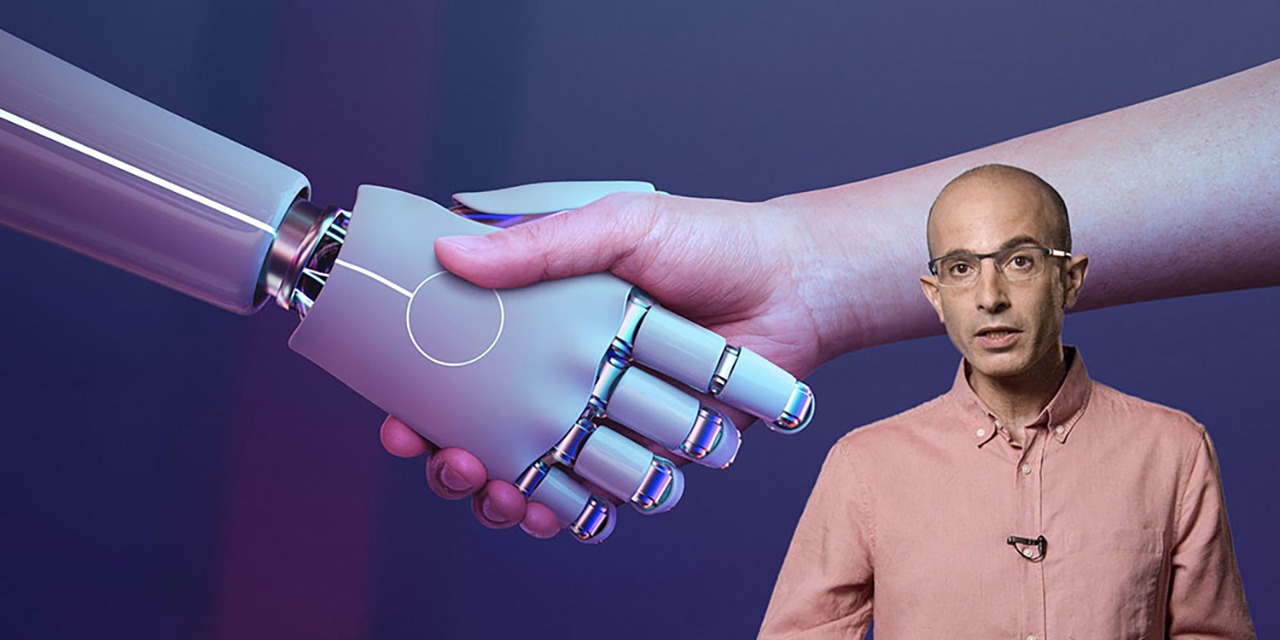
The Technological Revolution in the Developing World through Harari's Eyes
Today, the world is undergoing a period of great change with the rapid advancement of technology. This change is fundamentally affecting people's lifestyles, ways of communicating, ways of doing business and social dynamics. Israeli historian Yuval Noah Harari, in his book "Sapiens: A Brief History of the Human Species", "Homo Deus: A Brief History of Tomorrow", "Homo Deus: A Brief History of Tomorrow" and "21 Lessons for the 21st Century"
Technological Revolution and the Future of Humanity
Yuval Noah Harari emphasizes that the technological revolution is taking humanity into an unprecedented era. Humans are now interacting with technologies such as artificial intelligence, genetic engineering, robots and automation, raising big questions about the future of humanity.
Transformation of Labor and Employment
The technological revolution, together with automation and artificial intelligence, is causing radical changes in labor and employment. According to Harari, while this is causing people to lose their jobs, new jobs are also emerging. People must continuously develop their skills to adapt to this change and compete in the business world of the future.
Data and Privacy
The technological revolution poses new challenges for big data analysis and the collection of personal data. Harari argues that this jeopardizes individuals' privacy and data security. People need to understand how their data is being used and take measures to protect their right to privacy.
Inequality and the Digital Divide
The technological revolution has the potential to increase economic and social inequalities. Harari refers to this as the "digital divide". There is a huge gap between rich and powerful corporations and less well-off individuals or communities. This is a major challenge to justice and social balance.
The New Responsibilities of Humanity
According to Harari, humans face new responsibilities with the technological revolution. These responsibilities include the ethics of artificial intelligence, genetic engineering regulations, and environmental issues. Humans must make conscious choices to use technology ethically and sustainably.
Technology Addiction and the Digital World
The technological revolution has increased human dependence on the digital world. Harari argues that the digital world distracts people and can lead to the weakening of social relationships. People need to use technology wisely to balance the real world and strengthen social connections.
Social Change and its Impact on Cultural Expressions
The technological revolution is also affecting the cultural expressions and social structures of societies. Harari explains this with the concepts of "cyber-nationalism" and "virtual societies". People need to understand the impact of technology on cultural expressions and play an active role to preserve their identities.
Conclusion
From Yuval Noah Harari's perspective, the technological revolution brings great opportunities and responsibilities for humanity. Humans must adapt to technology, preserve ethical values, and strive to reduce inequalities. However, it is necessary to act consciously and proactively to drive this change and protect the interests of humanity. The technological revolution will be a force shaping our future and it is therefore important that all individuals contribute to this change.